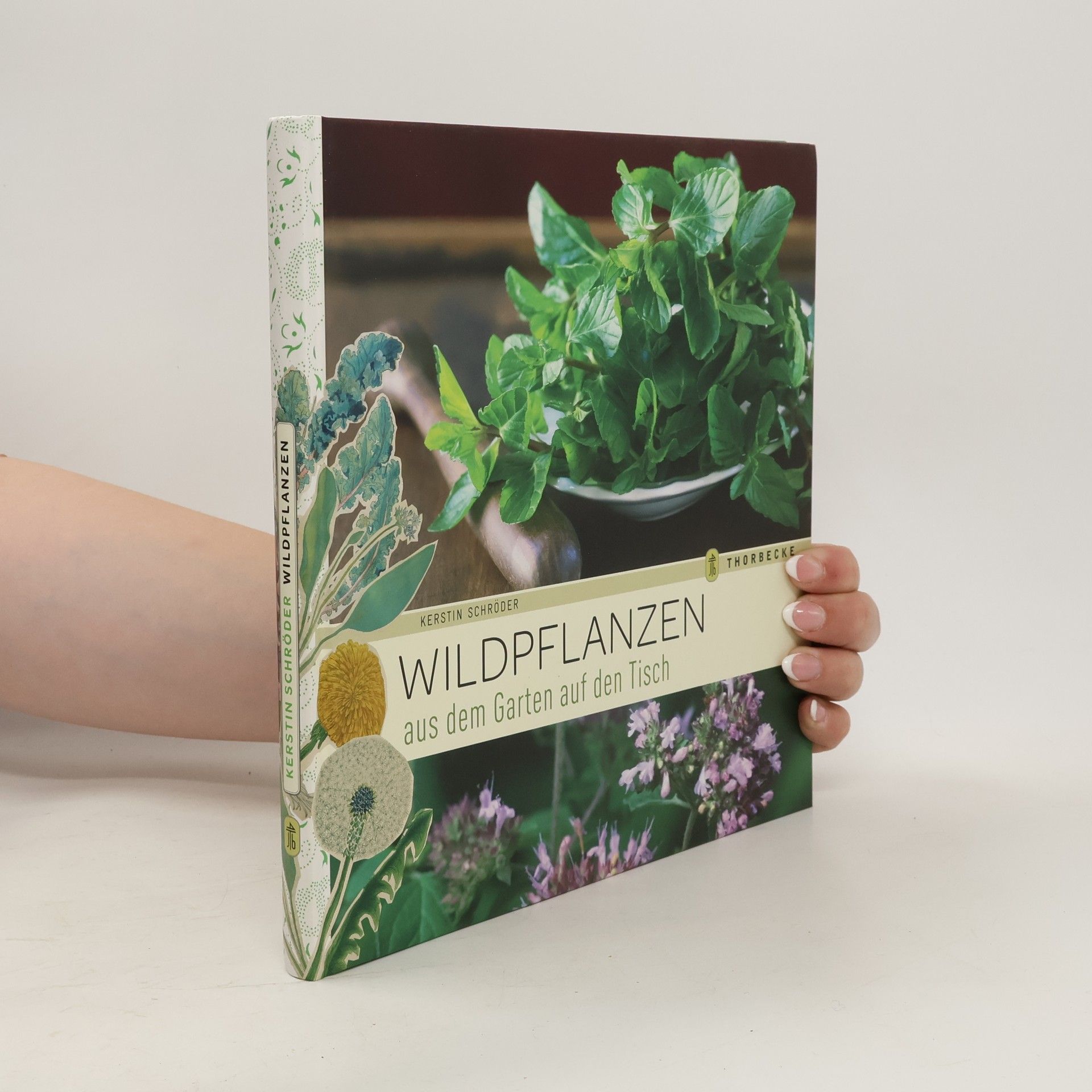Löwenzahn, Brennnessel oder Giersch – vielen Gärtnern sind sie ein Dorn im Auge. Doch die ungebetenen Gartenbewohner haben auch eine liebenswerte Seite: Man kann sie nämlich essen! Wildpflanzen sind in den vergangenen Jahren wieder in den Blick und auf die Teller der Gourmets gelangt. Die Wildpflanzen bereichern die feine Küche als Gewürz und Beilage und verleihen so manchem Gericht seine ganz unverwechselbare Note. Der eigene Garten bietet eine gute Alternative zum Sammeln in freier Landschaft. Zahlreiche Pflanzenporträts und schmackhafte Rezepte verführen zum Genuss von „wilden“ Gänseblümchen, Haferwurz und Wiesenbärenklau.
Kerstin Schro der Book order (chronological)
